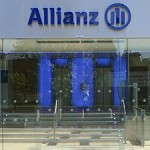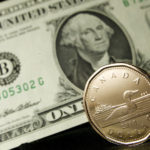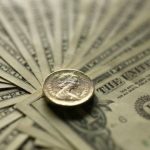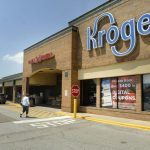British pound showed little reaction against the US dollar on Tuesday, after a report said that consumer inflation in the United Kingdom remained flat in July in consonance with preliminary estimates.
GBP/USD touched a session high at 1.5490 at 9:15 GMT, after which consolidation followed at 1.5473, rising by 0.07% daily. Support was expected in the zone around 1.5380, while resistance was to be encountered at August 12th high, 1.5520.
Earlier today the Office for National Statistics reported that the consumer price index (CPI) in the United Kingdom remained unchanged in July on a monthly basis and met expectations, while in June it dropped by 0.2%. The annual rate of consumer inflation ticked down to 2.8% in the month of July from 2.9% in June, again in line with preliminary estimates. This reported slow down was not enough to ease the rate of inflation, which still was well above the rate of increase in remuneration, causing consumers to spend less. These results came, because of the lower airfares and clothing prices from a year earlier. UK economy has probably begun to recover, after being on the verge of stagnation during the past years, while the rate of increase of households income remained still weak, which may restrain the steady recovery. Bank of England projects that annual inflation rate in UK will decelerate to its 2% objective until 2015.
The core consumer price index, which excludes volatile elements such as food, energy, alcohol and tobacco costs, rose by 2.0% in July on annual basis, below the expected 2.2% rise, following the 2.3% advance in June.
Additionally, UK Retail Prices Index (RPI) advanced 3.1% in July annually, below the expected 3.2% increase, after retail prices climbed to 3.3% higher levels in June.
Last but not least, the Input Producer Price Index (PPI) in the United Kingdom registered a sharp monthly increase in July, by 1.1%, meeting projections, while in June it added a mere 0.2%. The annual performance of this indicator pointed a 5.0% increase in July from a 4.0% increase in June, which was a revision down from 4.2% previously. Experts had anticipated a larger increase, by 5.5% in the month of July.
This series of data came out after earlier on Tuesday the Royal Institution of Chartered Surveyors (RICS) reported that house prices in UK rose at the fastest rate in six years during July, giving birth to concerns over a possible housing bubble. Demand in the housing market reached a four-year high in the same month. UK governments measures to spur housing market activity most probably contributed to these results, especially schemes such as “Help to Buy” and “Funding for Lending”. The net value of the balance of house prices increased to 36% in July from 21% in the previous month, as Julys result was the highest since November 2006, when the price balance pointed 42%.
Meanwhile, the sterling was trading with a slight change against the euro, as EUR/GBP cross ticked up 0.03% to 0.8607 at 9:45 GMT. GBP/JPY pair, on the other hand, surged 1.05% for the day, trading at 1.5143 at 9:46 GMT.





